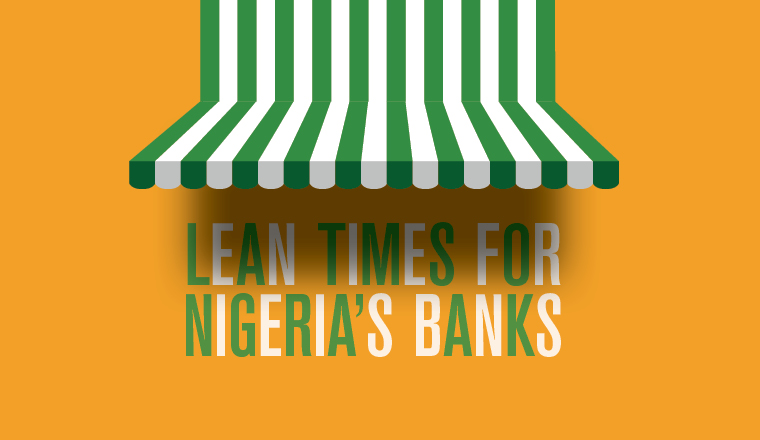Published: October 10, 2016
Nigeria’s economic downturn and currency crisis has put huge pressure on the banking system, and non-performing loan ratios are rising.
This August, Muhammadu Buhari, Nigeria’s president, went to the country’s senate to ask for emergency powers over the economy. Buhari wants to be able to waive visa restrictions for investors and take executive actions to try to attract more investors into the country, which has slipped into its first recession in more than a quarter of a century after two years of low oil prices created crippling shortages of hard currency and forced federal and state governments to dramatically cut spending.
Africa’s largest economy has been beset by political and economic turmoil since the oil price crash in mid-2014, although its roots stretch back further, into a commodity-fuelled boom that concentrated its reliance on global oil markets. An ongoing insurgency by the Islamist group Boko Haram in the north of the country accelerated into an all-out conflict, causing billions of dollars in lost output.
In the southern oil states, dwindling state resources led to the cancellation of an amnesty programme that paid out to former militants, reigniting that conflict. Attacks on oil infrastructure in the Niger Delta have pared back oil production to less than 1.5 million barrels per day, from more than 2 million per day in 2015, exacerbating the shortage of resources.


